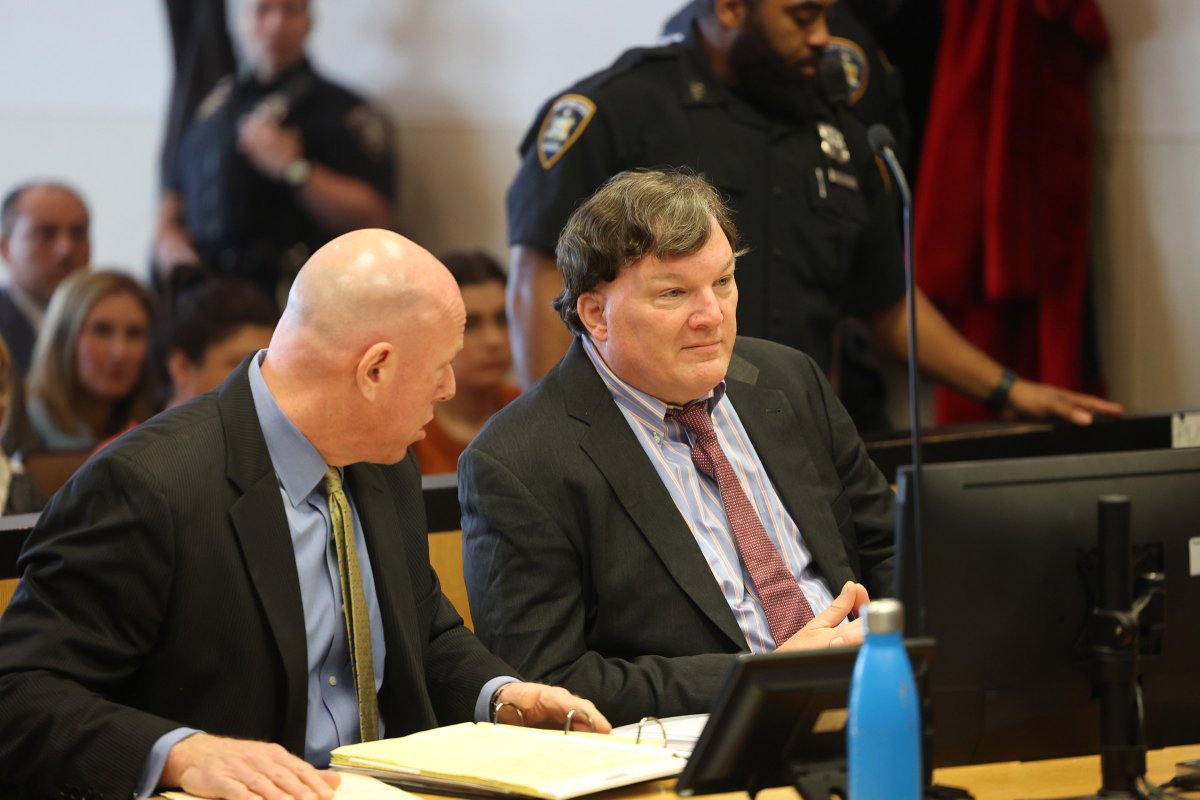Ask Beatty: 1 in 4 Adults Are Estranged from Their Family - Paths to Reconciliation

Every family goes through many ups and downs throughout its lifetime. When it comes to family life and relationships, nothing is simple. No family unit or individual or couple is immune from conflict, miscommunication, misunderstandings and pain. Ideally, despite the problems, people still care enough about each other to at least attempt to mend the hurts. The goal is to try and work out the issues as best as possible, even though we can’t change history, so that the relationships can remain intact and even flourish, if at all possible.
Sociologist Karl Pillemer conducted a survey in 2019 involving a nationally representative sample of 1,340 Americans aged 18 and older whose demographics closely mirrored the United States population. The data revealed no statistically significant differences in estrangement levels by race, marital status, gender, educational level and region where the respondents lived. In his studies he found that for parents, almost nothing is as painful as estrangement from an adult child.
There are many alternatives for dealing with difficult family dynamics short of leaving and giving up on one’s parents or family. Naturally, there are situations including emotional, physical and sexual abuse where reconciliation may not be possible. If you search “toxic parents” on Instagram, you’ll find more than 38,000 posts, largely urging young adults to cut ties with their families. Unfortunately, there are many therapists who have joined in this trend and are also encouraging family cutoffs rather than trying to help individuals and families try to make amends (for what did and didn’t happen) and heal the wounds.
People often ask me what I believe are the most important ingredients that make or break relationships. In the over 35 years that I have been practicing as a psychotherapist and sex therapist, my answer is clear. It’s people’s ability to develop and hone their emotional communication and problem-solving skills that ultimately determines whether their relationships will or will not thrive. Psychoanalyst Dr. Galit Atlas has found that most families need repair, not permanent rupture. “How else can we love others and ourselves, if not through accepting the limitations that come with being human? Good relationships are the result not of a perfect level of attunement, but rather of successful adjustments.”
Letting Go of the “I’m Right, You’re Wrong” Dynamic
Pillemer’s study on reconciliation focused intensively on individuals who had successfully reconciled after years or decades of estrangement. He identified a number of strategies and approaches that worked for them.
Focus on the present. In most family rifts, the past almost entirely overwhelmed the present. Nearly all who reconciled reported that one key step was giving up attempts to force their interpretation of past events on the other person. They abandoned efforts to process the past and instead focused on the relationship’s present and future. Attempts at needing to be “right,” inferring of course that the other is “wrong,” ensures a lose/lose resolution. To parents: Remember it’s your children’s story and they’re sticking to it so don’t try to change or correct their version of the past. Apologize and profess your unconditional love. It really doesn’t matter what happened or what your version of the story is. To children: Dr. Joshua Coleman, psychologist and author of Rules of Estrangement: Why Adult Children Cut Ties and How to Heal the Conflict, asks this question: Is it right to end your relationship with your parent(s) when you know that it will ruin their life? When doing so, whatever their flaws or mistakes, will bring endless heartache, and loss? We need a conversation where not only are parents being asked to be empathic to the harm that they did to their children, but where adult children are asked to be empathic to the harm that they’re doing to the parent by cutting them out of their lives. In the end, the only really important question becomes: What can we all do NOW to improve the quality of our relationships so that we can love and enjoy one another, despite a painful history?
Revise expectations. Reconciliation involves modifying or dropping past expectations and abandoning the urge to force the relative to change.
Create clear boundaries. Making the terms of the reconciliation as unambiguous as possible was key to moving beyond old grievances and patterns of behavior. Even people who had severed ties because of intolerable behaviors were able to create clear, specific, take-it-or-leave-it conditions for one final try to repair the relationships.
Find the right therapist. Pillemer also found that those who reported working with a therapist who encouraged rather than discouraged family repair were far more likely to achieve a successful reconciliation than therapists who recommended family “cut-offs.”
Live without regrets. Those who reconciled their rift found it to be an engine for personal growth. Reengaging with the family, after careful consideration and preparation, was almost never regretted.
And finally, (I’m now speaking as a former Canadian No. 10 ranked junior tennis player who came back from being down 5-0 in the second set to win her first Manitoba 12 and under junior championship), remember that the match is not over until the last point has been played. Comebacks are possible in the most difficult of situations. Desire and a change of strategy coupled with good coaching can bring you to a place that you never dreamed possible.
My wish for both parents and adult children who are in the throes of estrangement is that you will consider doing everything to attempt to mend the wounds. Consider reaching out and getting help from a therapist who has the wisdom as well as the clinical and life experience to recognize that in most situations repair is possible.

Beatty Cohan, M.S.W., L.C.S.W., A.A.S.E.C.T. is a nationally recognized psychotherapist, sex therapist, author of For Better for Worse Forever: Discover the Path to Lasting Love, national speaker, national radio and television expert guest and host of the weekly “Ask Beatty Show” on the Progressive Radio Network. She has a private practice in New York City and East Hampton. Beatty would love to hear from you. You can send her your comments and questions at BeattyCohan.msw@gmail.com. For more information go to BeattyCohan.com.



